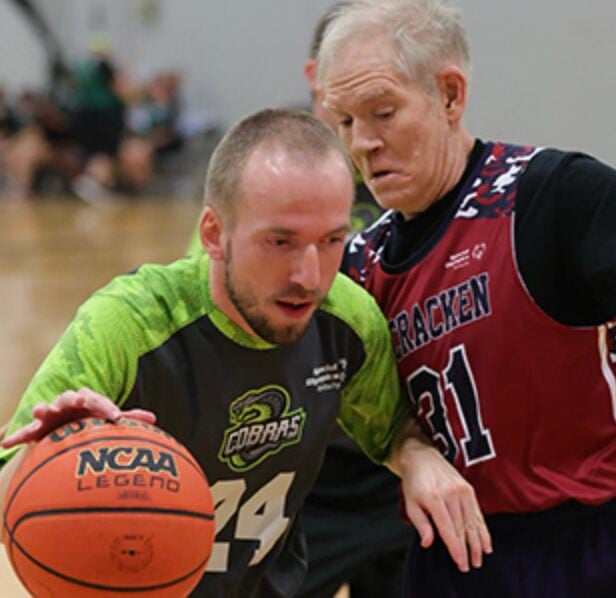By Peggy O’Farrell
SmartHealthToday
There is no cure for Alzheimer’s disease.
But as researchers continue to search for better options to treat and prevent the devastating disease, it’s important to get checked if you notice warning signs of Alzheimer’s or other forms of dementia in yourself or a loved one.
Early detection offers three key advantages, according to the Alzheimer’s Association:
Longer benefits from available treatments, which can help you or your loved one maintain your independence longer.
Early detection may also give you or your loved one the chance to participate in a clinical trial for an experimental treatment.
More time to plan for the future, including care options as the disease progresses, financial issues and estate planning and options for ongoing care and end-of-life decisions. Earlier diagnosis will also give you time to set up the right treatment team.
More time to find help for yourself and your family, as well as social workers, medical providers and therapists who can help guide your family’s journey.
Warning signs of Alzheimer’s include:
Memory loss that disrupts daily life
Difficulty making plans
Difficulty completing familiar tasks or routines at work or at home
New problems with language, speech or writing
Confusion with time or place
New vision problems or problems understanding spatial relationships
Losing things frequently
Withdrawing from social routines
Decreased judgment or poor decision-making
Changes in mood or personality
If your physician suspects Alzheimer’s, he or she may refer you to a specialist, including a neurologist, a geriatrician or a mental health professional.
SmartHeathToday is a service of St. Elizabeth Healthcare.


















